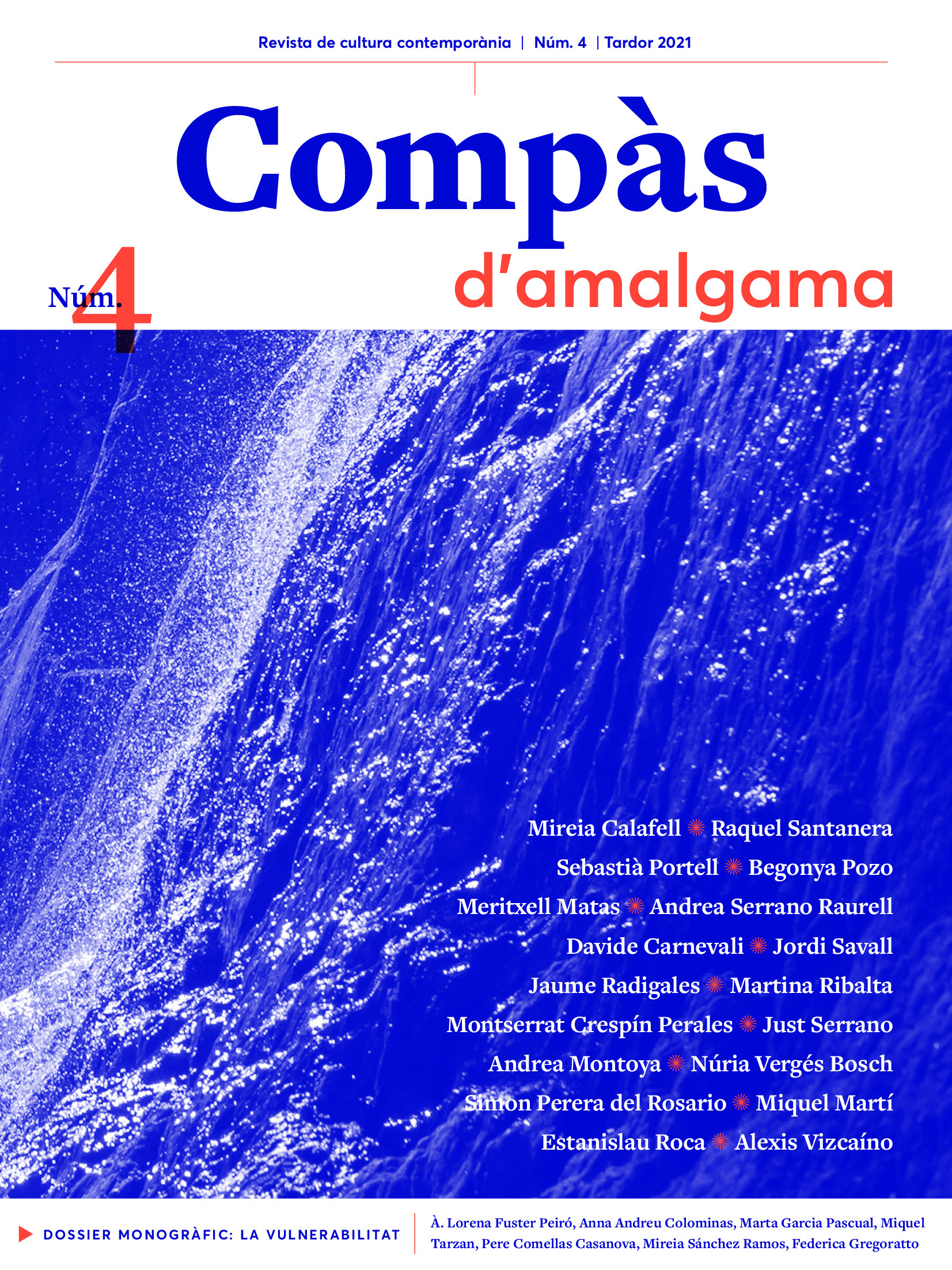Loving Vulnerability
Fragments on Polyamory
Abstract
Social norms, values and habits concerning our intimate lives are changing. For instance, more and more people are willing to experience romance, passion and parenthood beyond the limits of monogamous relationships and traditional family structures. This exploration of love, sexuality and friendship is currently known as “polyamory”. In this article, I philosophically explore the theory and practice of polyamory in 12 fragments. The aim is twofold: firstly, I wish to dispel misleading prejudices and convictions around the topic and, secondly, I seek to convey a deflationary view, which accounts for the ambiguity of polyamory. Polyamory, in my view, is an existential, psychological and political praxis of dealing with the troubles inherent in our emotional lives, and in our social lives more generally. It is an exercise in embracing the dangers opened up by our constitutive vulnerability as human beings. Its ethical and political value consists in exploring and experimenting the potentially transformative and emancipating consequences that come with human interdependence. It is a thorny, exhausting project.
It does not offer any guarantee of happiness, but it might be worth it.
Keywords: polyamory, vulnerability, interdependence, compersion, ambiguity.
Downloads
Downloads
Published
Issue
Section
License

This work is licensed under a Creative Commons Attribution-NonCommercial-NoDerivatives 4.0 International License.
All articles in the journal are published under the Creative Commons Attribution-NonCommercial-NoDerivatives 4.0 International License and the digital version is open access.


